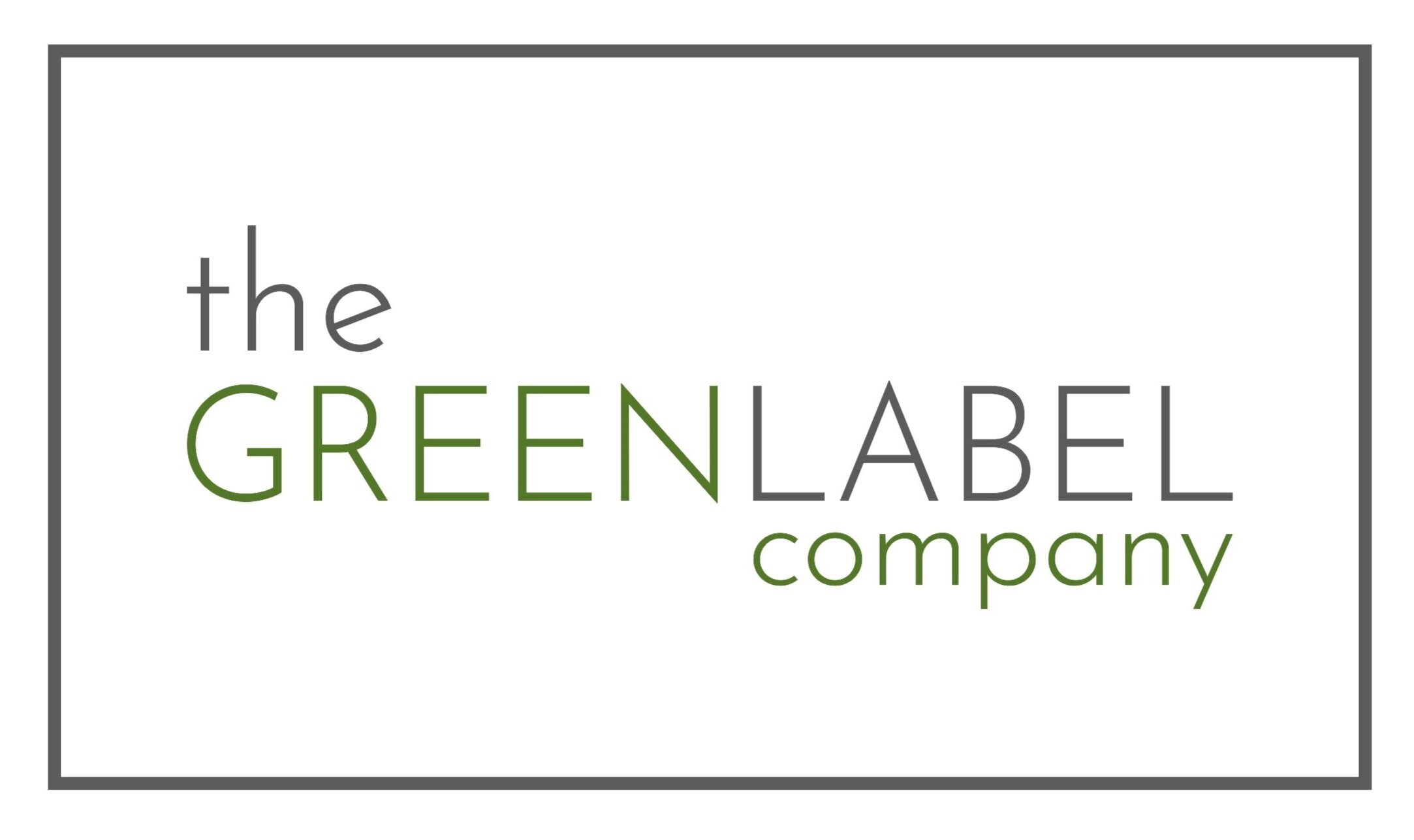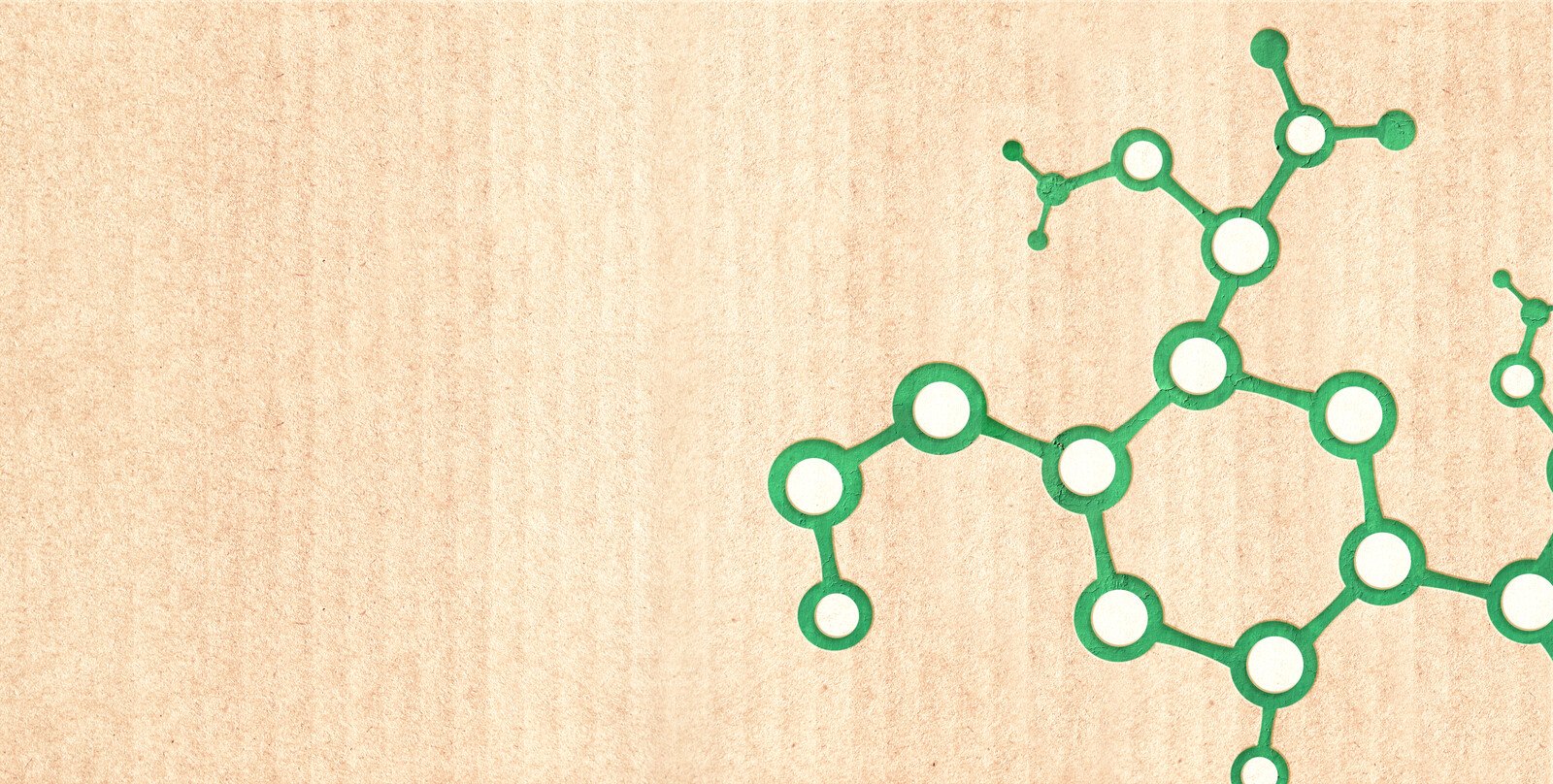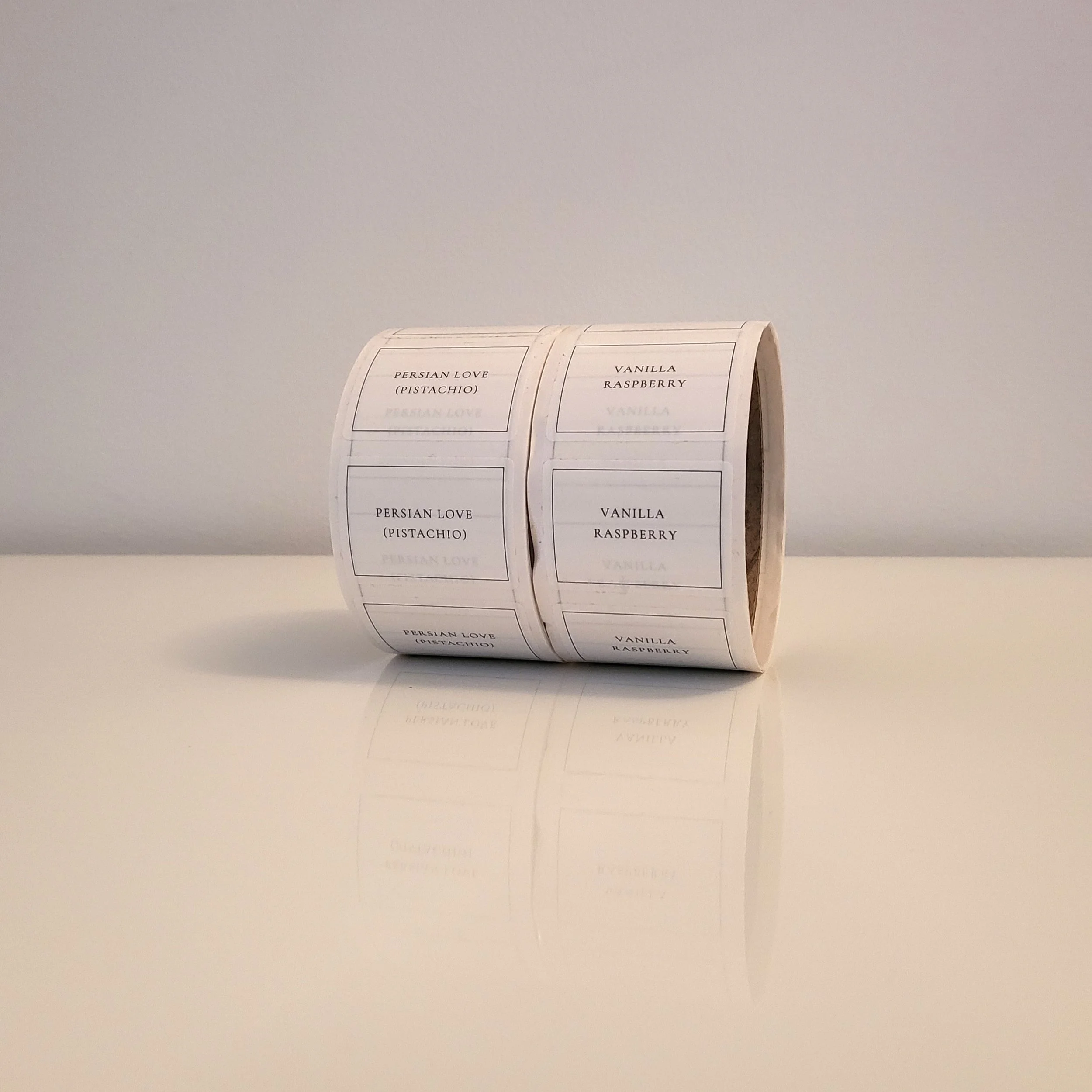Better for the Environment
Why Biodegradable Labels are Better for the Environment
As the world continues to grapple with the effects of climate change, more focus is being put on sustainability. One area that has seen significant attention is product packaging, with businesses looking to use more eco-friendly packaging materials. Biodegradable labels have emerged as one such alternative, and this blog aims to explain the science behind them and why they are better for the environment.
What are biodegradable labels?
Biodegradable labels are made from materials that can break down naturally in the environment, returning to their constituent components. They are usually made of paper and plant-based materials as these break down faster than traditional plastics, which can take centuries to degrade. At the GREEN LABEL company, we offer a choice of biodegradable and compostable label materials which you can find more about here Biodegradable Materials.
How do biodegradable labels break down?
Biodegradable labels break down through a process called biodegradation. In order for biodegradation to occur, the label must be exposed to the right conditions which include moisture, oxygen, and the right temperature.
How quickly do biodegradable labels break down?
The speed at which biodegradable labels break down is determined by specific conditions so it is a really good idea to test different label materials in the conditions they will be used, to assess how long they are likely to last. We can only provide a guide (approx. 2 years for some material) as every label is used differently and the proof is in the pudding as they say!
Why are biodegradable labels better for the environment?
There are several reasons why biodegradable labels are better for the environment than traditional labels:
They break down naturally, and decompose into natural elements over time, without leaving any harmful residues.
They break down more quickly than traditional labels made of non-biodegradable materials, like plastic, which can take hundreds of years to decompose.
They have a lower carbon footprint than labels made from synthetic materials, as they require less energy to produce and generate fewer greenhouse gases during production.
They reduce the amount of waste that ends up in landfill or the ocean, where it can harm wildlife and ecosystems.
Overall, using biodegradable labels is a more sustainable and environmentally friendly option than using traditional labels made from non-biodegradable materials. We have biodegradable label materials to suit every budget, so get in touch with us for a free, no-obligation biodegradable label quotation.













